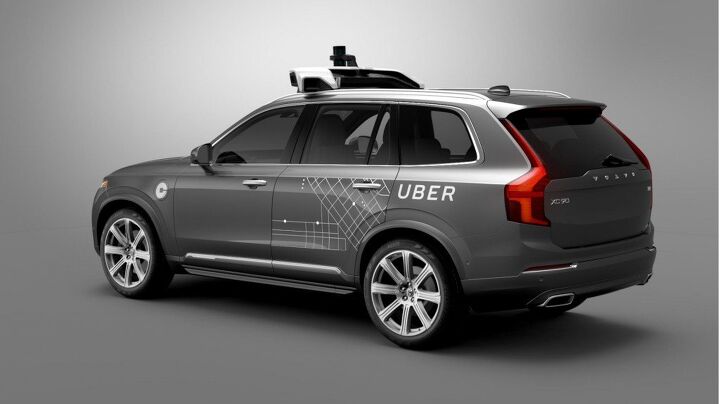Uber Lowballs IPO, Eager to Avoid Lyft's Fate

Ride-hailing company Uber approached its Thursday initial public offering with an abundance of caution, setting a lower-than-expected share price in a bid to avoid rival Lyft’s stock plunge.
When markets open Friday, Uber’s stock will be priced at $45, near the bottom of a previously stated range that topped out at $50. That puts Uber’s initial valuation at just over $82 billion. Amid controversy surrounding its business practices and growing uncertainty about the viability of huge ride-hailing firms, Uber hopes to raise $8.1 billion from its IPO.
As stated by Barron’s, Uber’s initial valuation is well below the $100 billion it hinted to investors a while back. The urge to go high may have been strong, but a quick look at Lyft’s stock would give anyone in the same business second thoughts.
Lyft entered the stock market in March, its shares priced at $72. The following two months has seen the company’s share price nosedive, and Tuesday’s first-quarter earnings report, which showed a $1.1 billion loss, didn’t help. Lyft’s share price hit a new low the following day, bottoming out at $52.91.
“We continue to view Lyft’s stock performance and lack of disclosures going forward (bookings, take rates) as the 1-2 punch, which, coupled with a choppy tech tape, caused Uber to look at a more conservative price range based on its demand for its IPO, a prudent strategy in our opinion coming out of the box,” said Wedbush Securities analyst Dan Ives in a Wednesday note.
Uber lost more than $3 billion last year. Under CEO Dara Khosrowshahi, the company aims to pivot from a ride-hailing company to a more diverse entity offering tech and a range of transportation solutions. The company earned widespread criticism and put its self-driving test program on hold following its involvement the world’s first autonomous car pedestrian fatality. That incident took place in Tempe, Arizona, in March 2018.
“Uber is basically Lyft 2.0. Good model, growing sales. But, yet again, here comes California math once more. It is still losing a ton of money,” said Brian Hamilton, founder of data firm Sageworks. “If you buy, you are buying a bull market, not a company.”
[Source: Reuters] [Image: Uber]

More by Steph Willems
Latest Car Reviews
Read moreLatest Product Reviews
Read moreRecent Comments
- Cprescott Good old days of Volvo. Can't say tht about their current garbage.
- Cprescott Wasn't Heir Yutz affiliated with this company. He has the reverse midas touch.
- Master Baiter I actually received an engineering job offer from Fisker in early 2021. Glad I declined it...
- Bryan The simple fact that the Honda has a CVT & the Toyota doesn't was more than enough for me to pick the Toyota for both of my daughters.
- Theflyersfan This wagon was a survivor! These and the Benzes of that era were the take it out back and shoot it (or until you needed a part that was worth more than the car) to get rid of it. But I don't think there will be Junkyard Finds with Volvos or Benzes from this era with 900,000 miles on them. Not with everything tied to touchscreens and components tied to one system. When these screens and the computers that run them flake out, that might be the end of the car. And is any automaker going to provide system boards, memory modules, graphics cards, etc., for the central touchscreens that controls the entire car? Don't know. The aftermarket might, but it won't be cheap.


































Comments
Join the conversation
How on EARTH do these companies lose money??? It's just an app! I know developers are expensive but ... it's just an APP! Absolutely baffles me.